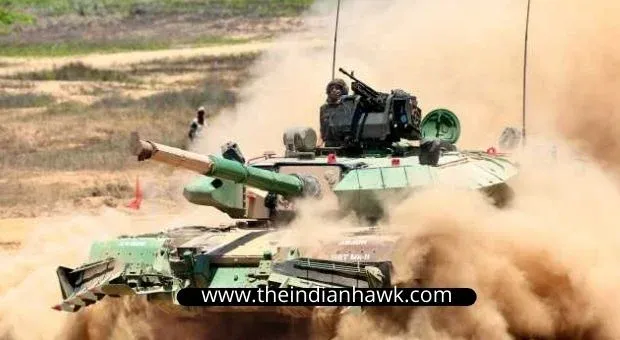 |
| Indian Army Tank, Representative Image |
NEW DELHI: The Army now wants to acquire 1,750 futuristic infantry combat vehicles (FICVs), with state of the art weapons and capable of swiftly transporting soldiers, through a new `Make in India’ project in the years ahead.
The Army has issued an RFI (request for information) to “identify probable Indian vendors”, who are capable of commencing supply of the tracked FICVs within two years of the contract being inked, with at least 75-100 “fully-formed vehicles” per year.
Pakistan's Imran Khan Under Fire for Remarks Linking Rape to Women's Attire
This is the second such RFI to be issued in recent days. The Army had earlier this month sought the response of foreign armament companies for another proposed mega `Make in India’ project for induction of 1,770 advanced main-battle tanks or “future-ready combat vehicles (FRCVs)” in a phased manner, as was reported.
An earlier project for 2,300 FICVs has remained stuck in bureaucratic bottlenecks, corporate rivalry and controversies despite first being accorded “acceptance of necessity” by the defence ministry way back in October 2009.
Tahawwur Rana, 2008 Mumbai Terror Attack Suspect, to Remain in US Custody
The new RFI says the tracked FICVs will be employed for cross-country operations, including amphibious ones, in plains and deserts along the Pakistan front as well as mountainous terrain and high-altitude areas (up to 5,000-metre) on the China one.
The FICVs should have weapon systems capable of destroying enemy tanks, armoured personnel carriers, low-flying helicopters and other ground-based weapon platforms and positions.
China's PLA Deploys S-400 Squadrons Across LAC
The tracked vehicles should provide “protected mobility” to its crew and troops in the different terrains, including CBRN (chemical, biological, radiological and nuclear) environment, says the RFI.
The FICVs should have an operational life of at least 32 years with a maximum of one overhaul or repair intervention and be capable of being transported by existing in-service tank transporter vehicles of the Army, IAF transport aircraft and broad-gauge railway military bogies.

.webp)
